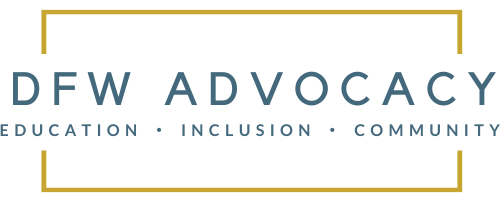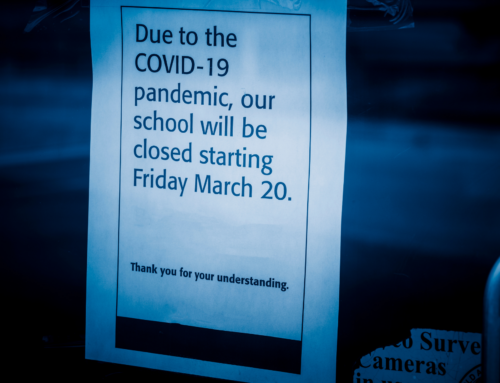Without a game plan you are just running around trying to find the goal.
Just like going into a sports game with out a plan and without knowing the rules is not going to end well; going into an ARD/IEP meeting without a plan is going to end with serious losses.
Creating a game plan means that you know where you want to go and how you plan to get there.
When it comes to a child in special education knowing where you want to go is crucial. Will your child hold a job? The answer to this question is yes most of the time. Will your child go to college? Is your child going to live on their own, with roommates or with family? What does their community look like? What do they like to do? Where do they like to go? Who are their friends?
When children are young these can be hard questions and parents have to do their best to make these choices. But as a child grows they can often share with you the wants and desires they have for their own life.
Having a vision of your child’s future helps parents understand where to focus, and helps bring the conversation back to help the student to get there.
A vision for your child’s future allows you to more easily see the goals that need to be placed in the IEP document. If a your child will use a debit or credit card for funds, how much time needs to be spent on physical money? If your child struggles to write with a pencil, how much time needs to be spent on handwriting vs typing? Do more goals need to be set that focus self advocacy and asking for the supports they need? Or perhaps, social skills and relationship building should be a focus.
Every child will have a different vision and a different pathway to get there. An advocate can help you think about these questions and more so that when you make choices regarding you child you remember where you are headed.
We must remember to keep our minds open to the possibilities and advocate for the game plan that will allow our students to win.
About Us
DFW Advocacy supports and empowers families at home through Family Services and in the classroom through Special Education Advocacy.





